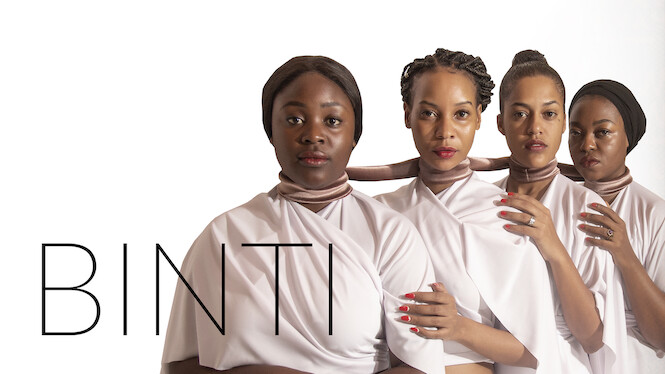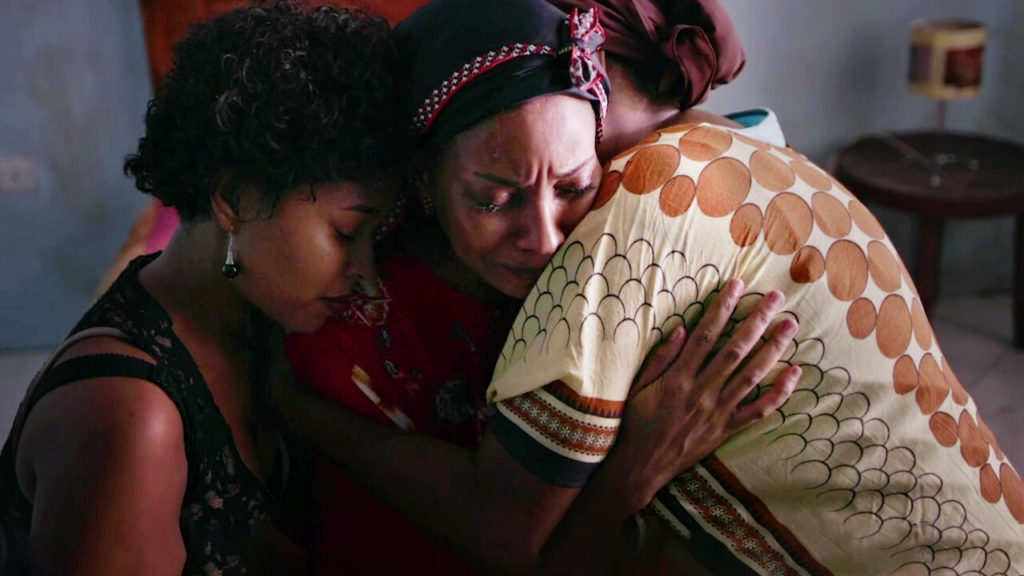Netflix unveils Binti as Tanzania’s debut film

Netflix, the world’s largest movie streaming service, has premiered Binti as Tanzania’s first Netflix feature. Black Unicorn, a production firm founded by two sisters, Angela and Alinda Ruhinda, produced the film.
Binti, directed by Seko Shamte, took home the award for Best Feature at the Zanzibar International Film Festival.
It’s a sweet victory that follows a challenging process. Producing a film is very costly and this is something we learned while making Binti. As an all-woman producing team we are determined to highlight new and diverse voices in our growing industry
Angela Ruhinda
Binti, which means “young ladies” in Swahili, follows four women, Tumaini (Bertha Robert), Angel (Magdalena Munisi), Stella (Helen Hartmann), and Rose (Godliver Gordian), as they traverse the numerous hurdles of femininity in Dar-es-Salaam.
Daughter, Mother, Wife

Tumaini has a convenience store that she is battling to maintain open due to financial difficulties. Loan sharks frequently harass her, and when she seeks help from a man, he demands sex in exchange, which she declines. Her father abandoned her and her mother ten years ago, and she writes him a letter in which she assures him that they are OK, a monument to her fortitude.
Angel is engaged, owns a wedding shop, and appears to have it all. However, her fiance, Emma, is jealous and violent, and the relationship is abusive. Her mother frequently warns her to leave the relationship since the beatings could result in death, but Angel pushes her concerns aside.
Stella has fertility problems because both natural conception and IVF techniques have failed to produce a child for her. Ben, her husband, is willing to adopt, but Stella isn’t having it, so she follows a stringent physical and food routine. She becomes pregnant, but then miscarries, leading to sadness, which her husband is unable to help her with and threatens to end their marriage.
Rose is a working mom with two sons. Running her business and household is a mammoth undertaking, and her husband James is unhelpful. Things become even more challenging when her younger kid is diagnosed with a developmental disorder.
The film explores a variety of subjects, including sexism—Rose earns more than her husband and pays the majority of their bills, but he refuses to care for their baby. There is also a religious aspect, as Stella seeks traditional aid as well as going to prayer warriors to bless her pregnancy.
Overall, the film relates to women’s common experiences and demonstrates that there is no one way to be a woman.
Netflix in Africa

Netflix has made a concerted effort to invest in African programming in recent years, from the first South African original drama, the 2019 series ‘Shadow,’ to Uganda’s ‘The Girl in the Yellow Jumper,’ and Nigeria’s ‘King of Boys.’
According to Statista, there are 2.6 million Netflix customers in Africa. According to Digital TV Research, this is a nearly 90 percent rise from over 1.4 million in Q1 2020.
However, this figure represents less than 2% of the video streaming company’s global user base of over 214 million.
Netflix has not yet earned a large amount of earnings from the continent because to password sharing, but the firm is aware of the potential, hence the dedication to producing African programming.
Although profits might be a long game, the streaming giant is keen on producing more Afrocentric stories for its widespread international audience.







